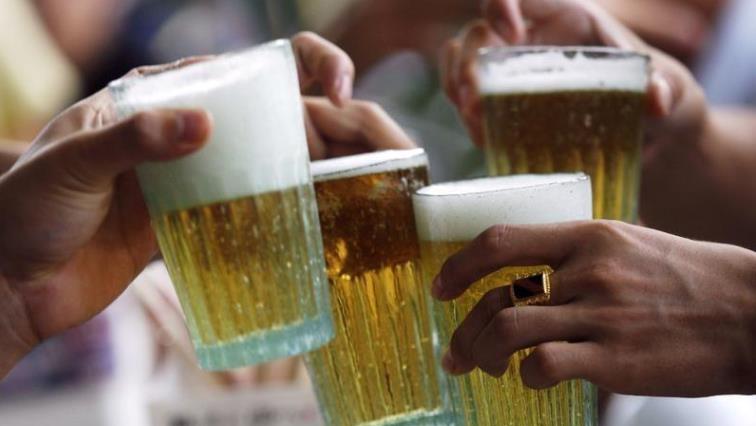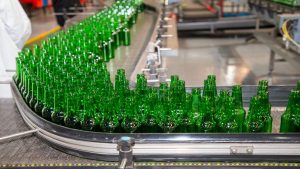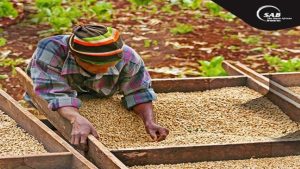While South Africa has a strong alcoholic drinks market, beer consumption has recently declined. This tendency can be ascribed to a shift towards more affordable flavoured alcoholic beverages.
Between 2013 and 2019, South African Breweries (SAB) reported that beer prices surged beyond the Consumer Price Inflation rate.
SAB is appealing to the Minister of Finance Enoch Godongwana to increase excise duties in line with inflation, when he tables his Medium-Term Budget Policy Statement.
Tough economic conditions are changing alcohol consumption patterns in South Africa. As the high inflation rate continues to erode households’ disposable income, alcohol drinkers are finding new alternatives.
A study conducted by the Bureau of Economic Research- on behalf of SAB shows that more consumers are likely to afford a flavoured liquor beverage compared to beer.
Economist Linette Ellis from BER notes, ‘The income elasticity of Flavoured Alcohol Beverages (FABs) remains significantly higher compared to beer and other liquor products. With a plethora of new product launches and various pack sizes hitting the market, the FABs category has been expanding at a pace outstripping real disposable income growth. This underscores the higher income elasticity for FABs.
Now SAB is appealing to government to increase alcohol excise duties in line with inflation – for the alcohol industry to remain viable.
CEO of SAB, Richard Rivett-Carnac says, “We have annual excise increases that come as a surprise to the industry on budget day like everyone else. We need more policy certainty around what those increases are going to be in line with policy. We believe they should be linked to CPI and some kind of commitment to treasury over the medium-term to say 3 years that they will implement inflationary increases on excise. that will really allow the industry to recover from where it is now.“
South Africa has some of the heaviest drinkers in the world. This is often blamed on the country’s social ills. But the reality is that many South Africans enjoy their alcohol.
Student Kabelo says, “I prefer beer because when I drink beer, it’s good for my system. I don’t prefer flavoured because in most cases it’s for ladies and when I drink flavoured beverages it’s not good for my system.”
Another student Refentswe adds “I prefer ciders because they are really sweet unlike beers.”
Student Vuyo also favours cider due to its affordability, making it a cost-effective choice compared to purchasing a bottle of alcohol at a club or party.
Tumi says “I prefer cider recently because of taste buds and all that. I mean beer is bitter so simply I can’t think something that’s bitter for someone that’s starting off.”
However, the downside of alcohol and alcohol abuse not only affects the addict alone.
Addiction Counsellor at Tranquility House, Mandla Mbatha claims, “One addict affects about 16 people. So you can imagine how many people are being affected as a result of addicts and alcoholics. So if somebody doesn’t intervene and take part then it means our whole country is going down.”
Addiction Counsellor at Tranquility House’s Khulekani Chilli says, “The first person that I lost is me and then obviously I’ve got kids where, some of my kids were taken by social development. child welfare because of my drinking.”
Counsellor at Tranquility House, Diliza Khumalo says, “Externally things were Ok. I still had a house, a wife and children but for me internally I was dying. I reached a point where I felt that couldn’t continue with life. life became a problem and I saw death as a solution and I actually tried to kill myself and thanks God I didn’t succeed.”
In South Africa, more than half of road accidents, more than 60% of the road deaths, domestic violence incidents and homicides, are directly or indirectly related to alcohol consumption and harmful alcohol use. If arrested and sentenced, even a suspended sentence for an alcohol-related offence will be regarded as a criminal record that may come back to seriously haunt you later in life.






